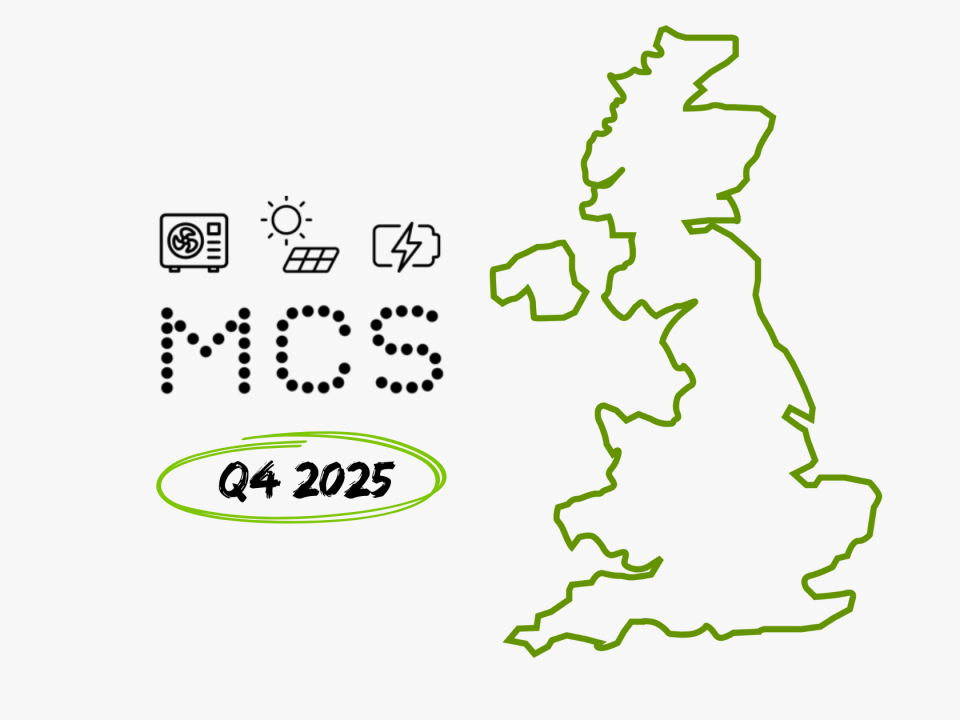
Heat Pumps: The Future of Low-Carbon Heating
March 23, 2025
MCS Installation Trends 2025: Growth in Heat Pumps, Solar PV & Battery Storage
April 14, 2025In today’s blog, we take a look at recent data from the Department for Environment, Food & Rural Affairs (Defra) which indicates a notable decline in particulate emissions from domestic combustion, surpassing reductions observed in road transport emissions for 2023 (Defra, 2024). This progress highlights the solid fuel industry’s ongoing commitment to minimising air quality impacts associated with domestic solid fuel and biomass combustion.
Key Statistics
- In 2023, domestic combustion accounted for 20% of total PM2.5 emissions and 10% of total PM10 emissions.
- This represents a significant improvement compared to 2022, when domestic combustion contributed 29% of PM2.5 and 15% of PM10 emissions (Defra, 2024).
It is important to note that this is the most up to date data available due to the way in which it is collated and released to the public.
Industry Initiatives
The reduction in emissions is the result of a variety of industry efforts working together to improve air quality and solid fuel usage. The adoption of high-efficiency appliances (particularly those approved under the HETAS Cleaner Choice scheme) has played a key role in cutting emissions. Fuel quality has also improved thanks to initiatives like the Ready to Burn scheme, which ensures only low-emission fuels are available for use. Meanwhile, in collaboration with HETAS, we have prioritised professional training and certification to ensure appliances are installed and maintained to the highest standards. Additionally, consumer education around best burning practices has empowered homeowners to use solid fuel appliances more responsibly and efficiently, contributing further to the overall reduction in emissions.
Emission Reduction Commitments
The UK government has committed to reducing annual emissions of key air pollutants, and these commitments, set reduction targets compared to 2005 baseline levels (Defra, 2018).
- The UK aims for a 30% reduction in PM2.5 emissions between 2020 and 2029.
- In 2023, the country achieved a 47% reduction in PM2.5 emissions, exceeding current targets (Defra, 2024).
Thus, demonstrating the governments commitment in tackling the emissions problem head on. Why does this matter? Well, it shows how the industry is not going anywhere, and in fact will be bolstered by the governments support.
Looking Ahead
Continued progress in reducing emissions will depend on collaboration between the solid fuel industry, policy makers, providers, and consumers alike. At GRE, we are committed to making high-quality training that equips installers with the skills needed to uphold best practices, accessible for all who qualify. We offer specialist courses delivered by experienced trainers in facilities designed for both practical and theory-based learning. By also supporting public education on responsible fuel use and appliance care, the industry can continue to reduce emissions, and help shape a more sustainable heating future.
Start your journey by clicking here.
References
Department for Environment, Food & Rural Affairs. (2018). National emissions ceilings regulations 2018. UK Government.
Department for Environment, Food & Rural Affairs. (2024). Domestic combustion emissions fall below road transport emissions in 2023. HETAS. Retrieved from https://www.hetas.co.uk/domestic-combustion-emissions-fall-below-road-transport-emissions-in-2023




